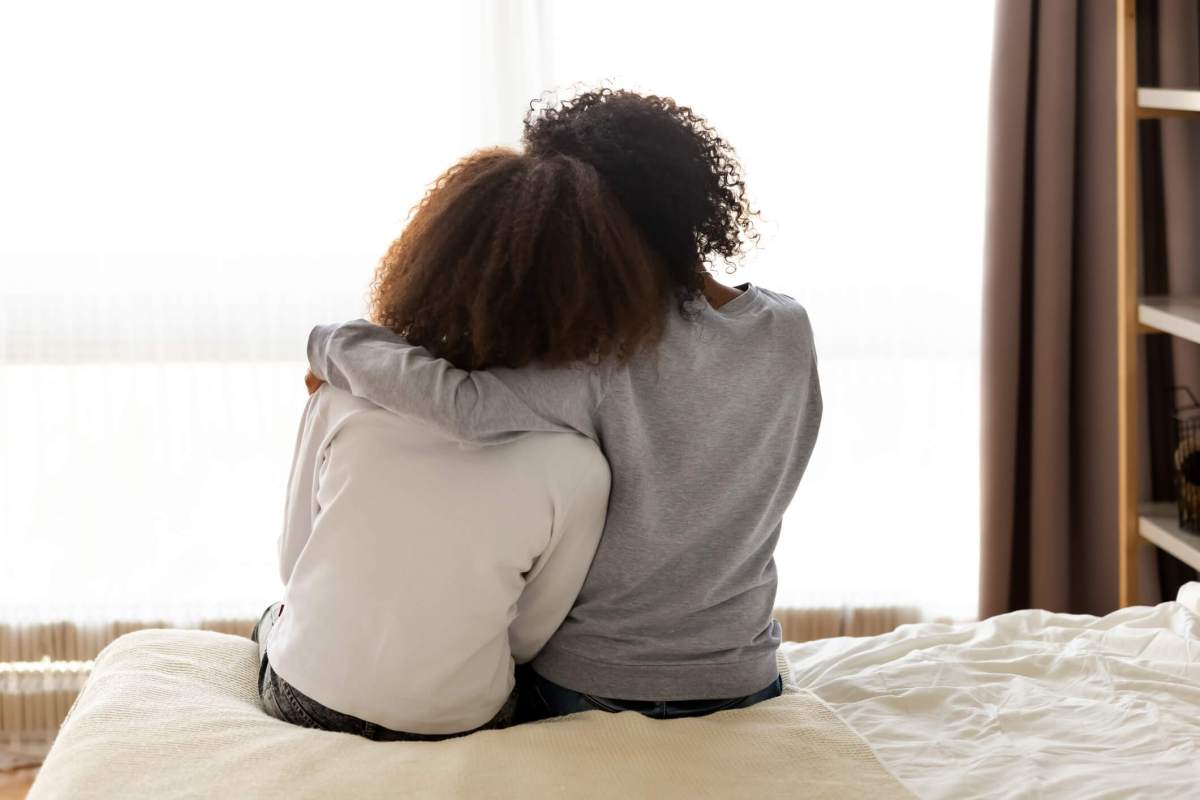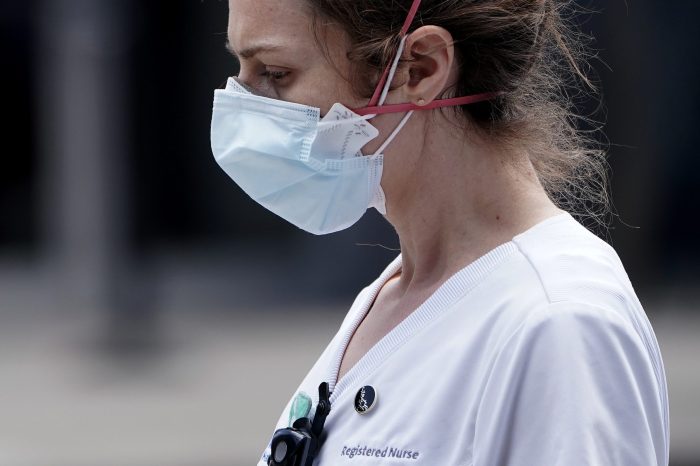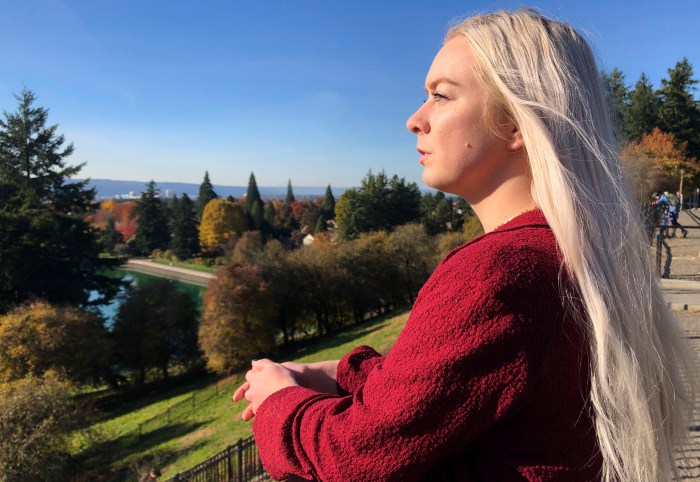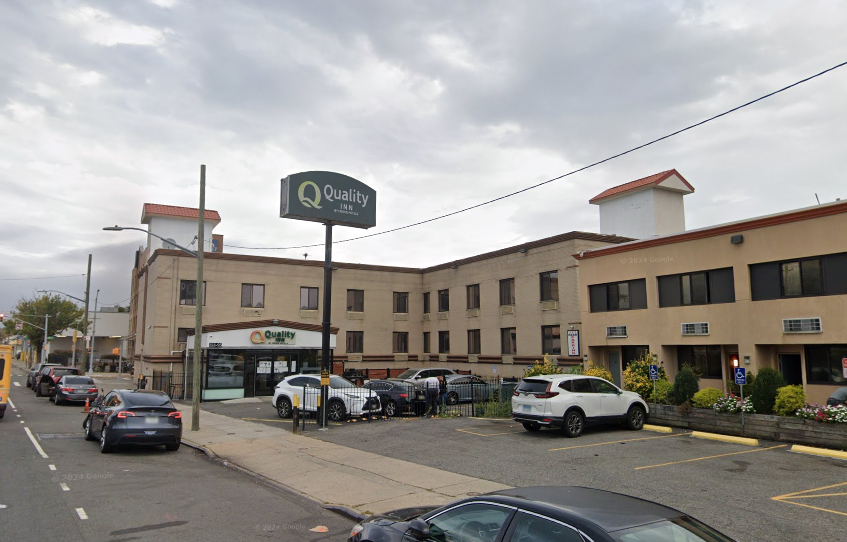As vaccine distribution increases, New Yorkers are preparing to resume personal and professional lives disrupted by COVID. While most of us are looking forward to returning to a version of our pre-pandemic lives, we also know that many of us are expected to experience anxiety and even sadness as we re-enter these once familiar and comfortable places and interactions.
That’s because as we’ve all been enduring the direct crisis brought on by COVID, another crisis has been growing—the mental health fallout from the pandemic. While the city and state need to build out the mental health services infrastructure to meet what will surely be increased demand, individuals can also take steps to prepare themselves for a post-quarantine world.
All of us have experienced some level of trauma over the past year, whether losing a loved one to COVID, juggling work with homeschooling, or being deeply impacted by social isolation. The human brain typically reacts to trauma in a “fight or flight” pattern, but neuroscience shows we can take actions to regulate the response. Learning to identify and manage these reactions is known as “emotional regulation” and it’s something we should all practice—with ourselves and our children. These are fairly simple short and longer-term strategies to try, with the aim to interrupt the stress reaction cycle and increase calm.
In the short term, pay attention to how you are feeling and what you are thinking. Are your palms sweating? Do you have racing thoughts? Take note of what has triggered this response—was it reading a bleak news story, receiving a stressful work email, or encountering a crowd for the first time in months?
Once you have identified the feeling and trigger, stop and take several deep breaths. Engage your senses by looking at color, listening to music, touching a soft fabric, or spraying a lavender fragrance. If possible, move to a space that offers less stimulation, and reach out to a reliable friend to connect.
Expressing yourself creatively can be a helpful grounding practice to assist with emotional regulation in the long term. Creative acts can include writing, singing, dancing, playing an instrument, crafting, cooking, attending a religious service, hiking, letter-writing, or giving back to your community. Finding our way back to “regular” life presents an opportunity to establish new rituals and new ways to relate to others.
When COVID came to New York City, our lives changed overnight, but the transition to life after lockdown will inevitably require much longer. Give yourself and those around you grace during this time, and reach out to loved ones or a professional if you need additional support.
Linda Giuliano LCSW-R is the Director of Mental Health Services at Greenwich House, a nonprofit settlement house that enriches the lives of children, families and seniors through arts and education programs, health programs and senior services.


































